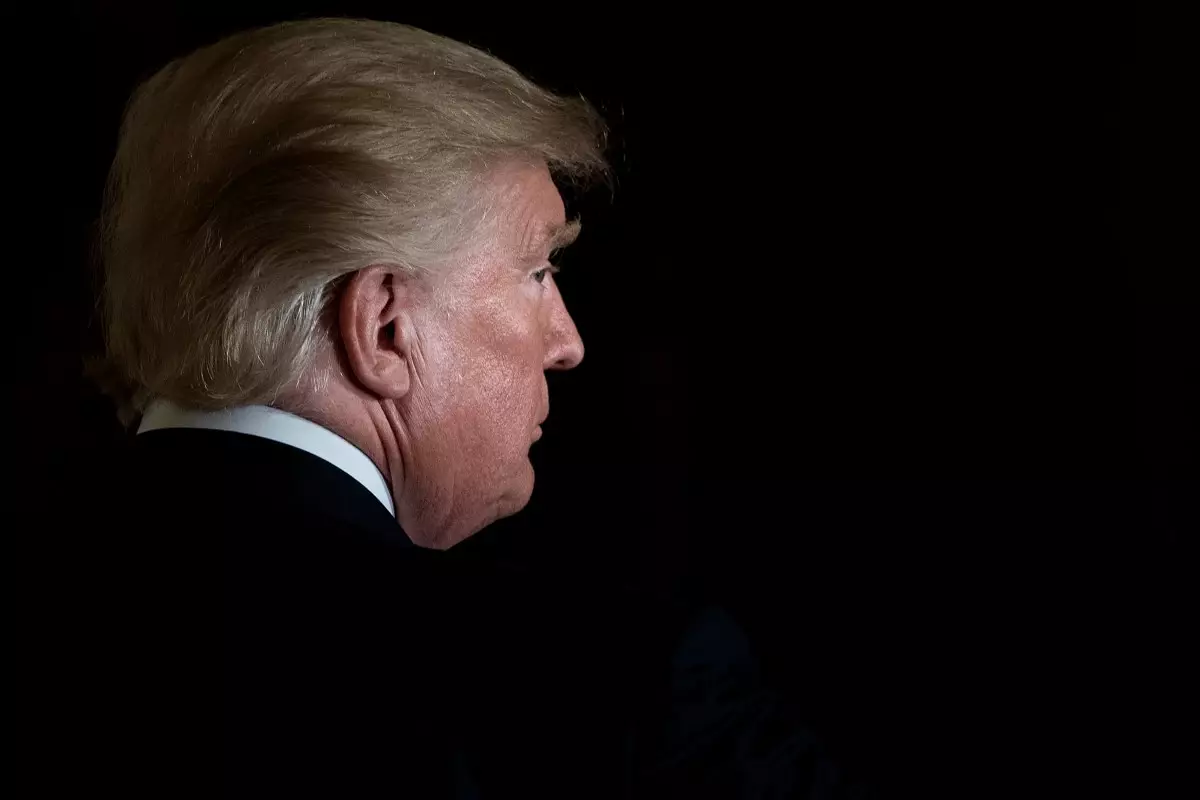In an unexpected shake-up, President Donald Trump has dismissed Shira Perlmutter, the head of the U.S. Copyright Office. This decision has triggered alarm not only among lawmakers but also within the creative and technological communities. Representative Joe Morelle, the ranking Democrat on the Committee for House Administration, has characterized this action as a “brazen, unprecedented power grab.” The timing of the dismissal raises eyebrows, especially given that it occurred shortly after Perlmutter declined to support Elon Musk’s controversial request regarding the use of copyrighted materials for artificial intelligence training. Such a dismissal not only reflects a potential exploitation of presidential power but also an alarming disregard for the foundational principles of copyright as an institution.
The Underlying Agendas
This incident demonstrates a deeper issue at play—one that melds politics, technology, and the future of intellectual property rights. By targeting Perlmutter, who has served the Copyright Office since 2020, Trump has signaled an unwillingness to tolerate dissent regarding his allies’ business interests. Notably, Perlmutter’s decision to withhold approval for Musk’s endeavors hints at the broader pushback against the mainstreaming of AI technologies, where the complexities of copyright law intersect with rapid technological advancements. Musk’s influence, coupled with Trump’s alignment with tech moguls, raises questions about corporate monopolization of creative works and the very essence of artistic ownership in the digital era.
The Implications for Copyright Law
Perlmutter’s tenure saw her grappling with numerous challenges posed by advancing technologies, especially AI. A recent report from the Copyright Office underscores this ongoing battle: while the integration of AI in creative processes offers exciting possibilities, it also threatens to sidestep long-established copyright protections. The report articulates important distinctions between fair use and copyright infringement, continuing a conversation that is critical yet often misunderstood. Specifically, it states that the scope of “fair use” might not extend to the commercial exploitation of copyrighted works through AI, especially when those developments disrupt existing markets.
This clarification of legal boundaries is vital, not solely for artists and content creators but also for tech companies attempting to exploit these resources without accountability. The document goes further to propose a model where AI businesses can pay for access to copyrighted materials, encouraging a licensing environment rather than remaining in a gray zone of legal ambiguity. Such recommendations reveal the necessity for dialogue between copyright holders and technology innovators, a balance currently endangered by political maneuvers with far-reaching repercussions.
The Broader Impacts of AI and Copyright Tensions
The tension surrounding copyright and AI is not confined to this single incident. Companies like OpenAI are already entangled in numerous lawsuits questioning their copyright practices, highlighting the urgency of addressing these legal concerns. Ironically, Musk’s dual roles—being both a proponent of OpenAI and heading a rival enterprise—exemplifies the dichotomy inherent in the tech world: innovation often seeks to challenge and redefine existing frameworks, yet runs the risk of trampling over those frameworks in the process.
While Musk is undoubtedly influential, one must question whether unchecked advances in technology ought to come at the expense of ethical consideration for creators. The concerns raised by lawmakers suggest that without rigorous safeguards, creators’ rights could be sidelined, allowing tech moguls to reap the rewards of content untethered from the very intellect it draws upon. What’s at stake here is not merely a policy debate; it genuinely threatens the future landscape of creative industries, where the boundaries between innovation and infringement become increasingly blurred.
The Closed Circle of Influence
Finally, what is most disconcerting about Perlmutter’s dismissal is not just the act itself but also what it reveals about the operational framework of power dynamics within the current administration. By aligning closely with technology leaders and their interests, Trump appears willing to forgo the impartiality essential to overseers of intellectual property. The ramifications are significant—if leaders prioritize personal relationships over established legal frameworks, the very essence of copyright protections may crumble.
In an age where creativity feeds innovation, and innovation is the lifeblood of the economy, the integrity of copyright law must be fiercely defended. The tussle over responsibilities, interpretations, and loyalties in this contentious intersection will ultimately shape not just the future of copyright, but the creative culture of entire generations to come.

